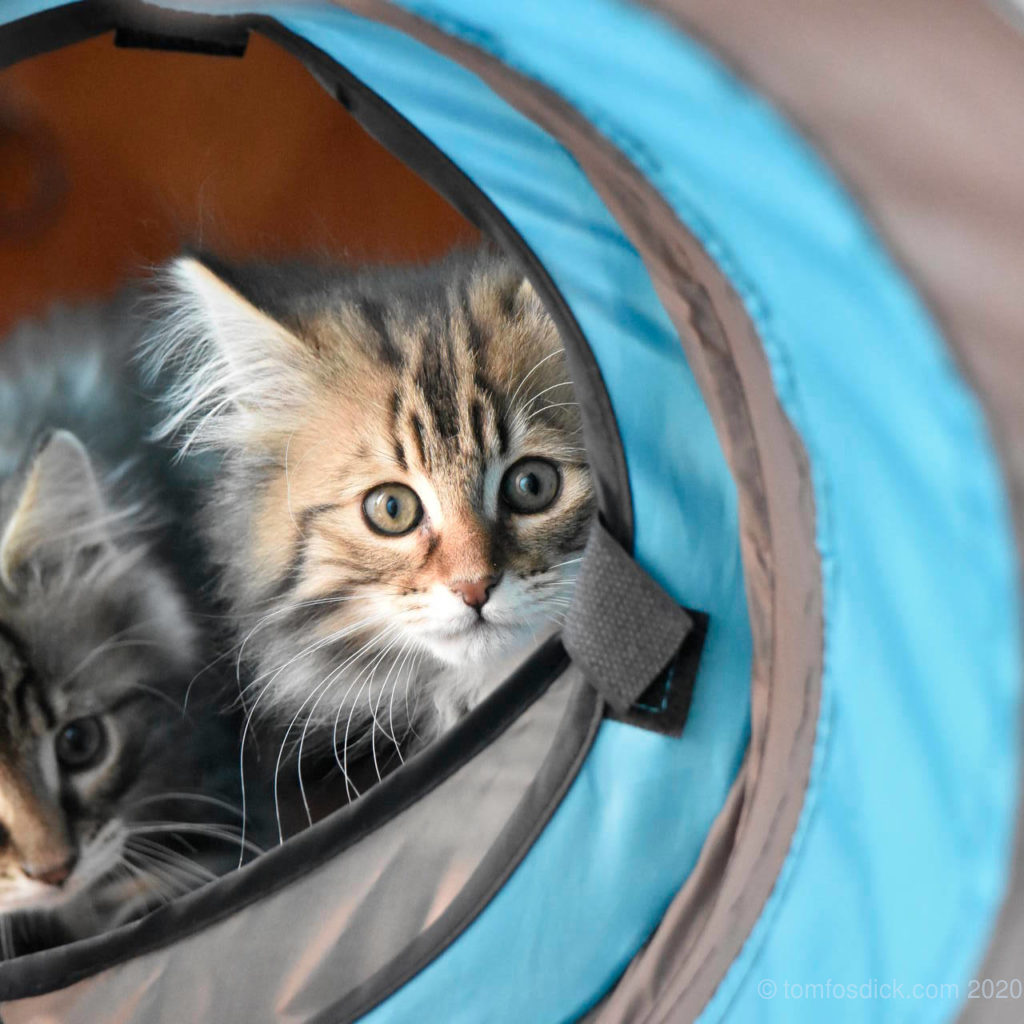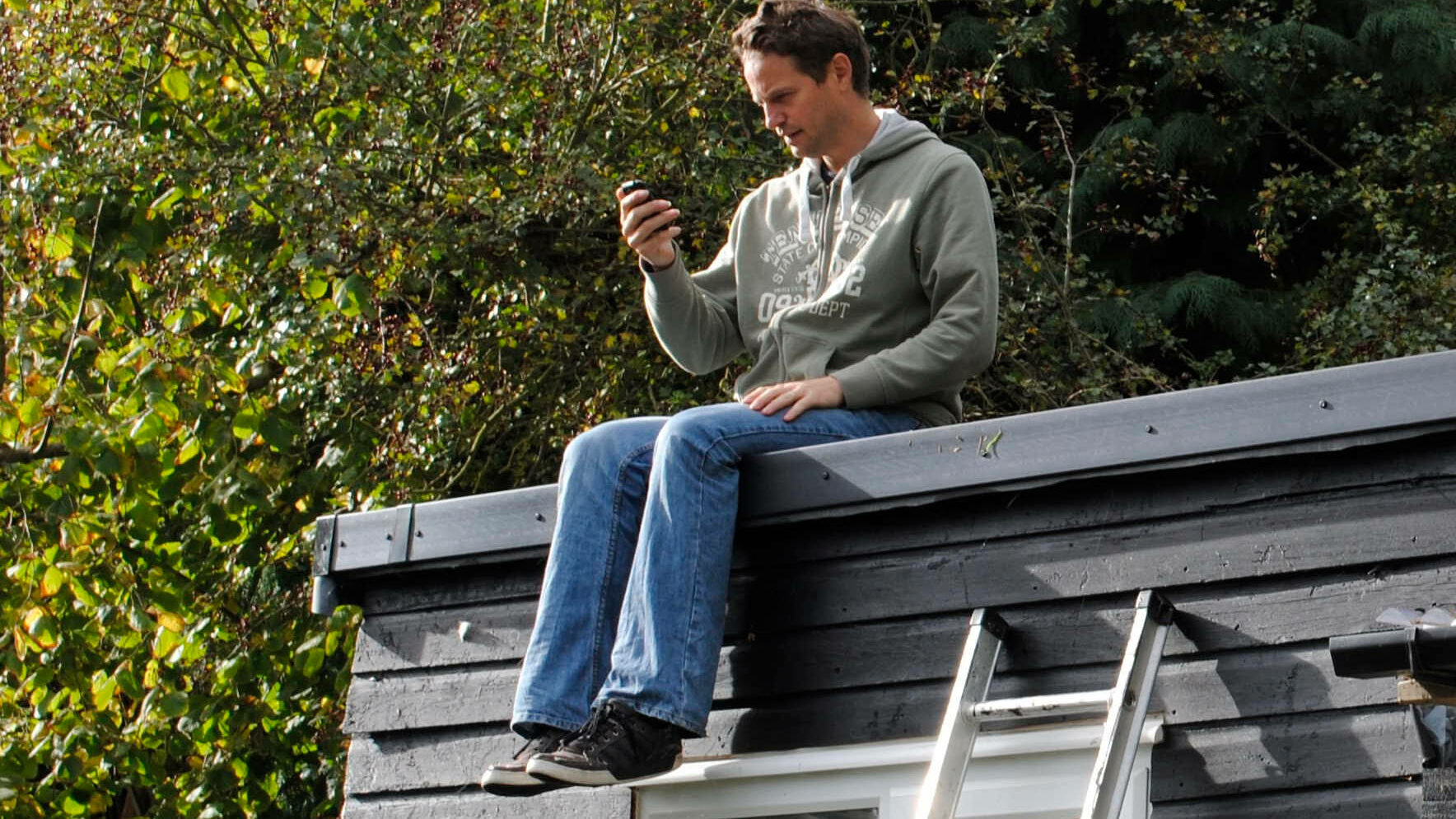It was early September 1991 and I was about learn something I’d use for the rest of my life.
I was sat on a park bench, watching the sun go down, very much aware that the sun was setting on my supposed last summer of freedom. I didn’t mind, I’d left school to start work. That meant I’d soon be able to afford my own place; somewhere I just didn’t have to deal with all of the people all of the time.
A trio of young mothers not much older than me trundled pushchairs past where I was sat. Their voices seemed harsh to me, like rattling knives in a cutlery drawer.
The families had all but drifted home from the children’s play area. Away across the grass was an old, lonely merry go round where a group from my former school were sharing a bottle of cheap cider, playing the game of how long can you hold on as your friends spin it ever faster.
I knew them. A year or so back I was right with them. I had the hair mousse, baggy jeans and branded t-shirts. I could fit right in if I wanted to. But major brand sportswear and me had officially changed our relationship status to “it’s complicated” and were about to break up forever. I was starting to feel a lot more me.
A newcomer strode purposefully through the gate. The evening dress she wore cut a sharp contrast with the municipal recreation ground scene. She skipped the last step and, with no regard for said dress, plonked herself on the bench next to me. “I’ve just been at a family function” she said, answering the question I was inevitably going to ask, “I saw you from the car”.
I smiled, it was the first time I’d heard anyone my age use the word “function” in that way. Then she delivered the first of two lines that are why I remember this scene more than 30 years later.
“I’m going to miss you”, she said.
Now, if you think I’m about to tell you a seemingly unlikely love story about the geek and prettiest girl in school, you’re wrong. She and I were friends, just friends, and I was going to miss her terribly, too.
It wasn’t always that way. We were once simply classmates thrown together at the start of high school. All of us there, different abilities, different backgrounds. Nevertheless the groups, the cliques and the unspoken hierarchies formed along predictable lines.
There are always a few people who sneak under the radar. Sarah1 was one of them, she was quiet back then, didn’t really talk to people, didn’t answer many questions in class or excel at sport. Nobody noticed much about her at all.
My first few years at primary (elementary) school had been difficult. British schools in the 1980s were obsessed by normalness. If you were outside the centre of the bell curve, the bullies started to circle.
I was not in the centre of the bell curve.
As I got to about 8, I’d realised two things. Firstly that, through careful observation, I could easily mimic what other people did. I could pretend to be normal. Secondly, despite the assumptions people tended to make about a geek, I was naturally good at ball sports. It also turned out [long story] that I was pretty useful in a fist fight, too.
As time progressed I got better at all of the above. I came to High School very conscious of it. I created a character, basically a mimic of the average boy with biases applied for some of my genuine character traits. At age 11 it seemed pretty easy to do and in some ways I felt more grounded for having some kind of conscious awareness of who I was (or at least, who I was pretending to be).
All the world’s a stage,
William Shakespeare / As You Like It
And all the men and women merely players;
They have their exits and their entrances;
And one man in his time plays many parts,
I’d just about got the hang of that when the boys starting noticing the girls and the girls started noticing the boys (and thanks to Section 28 absolutely no boys noticed boys or girls noticed girls2). We broke up for summer and when we came back a lot of boys noticed Sarah.
The popular girls noticed Sarah too and it wasn’t long before she’d been wrapped into their fold. That’s when I really got to know her, because I was in just about every sportsball team and when boys are noticing girls and girls are noticing boys, the boys sports teams and the popular girls get to meet a lot.
Yes, I know, but it was the late 1980s and that’s how things were.
Sarah and I naturally gravitated towards each other. She knew who every member of New Kids on the Block was, but she could also recite Kakfa. I could name every member of the England Football team but I could also recite Dostoevsky.
Back on the park bench, Sarah and I got talking about that particular summer. “I had to to make a choice” she told me. The quiet girl wasn’t her, it was just her default protection mechanism: don’t say anything; don’t do anything remarkable or unusual. Hide and try not to get noticed. But what she saw for herself, using that mask, was a future where everyone passed her by, she was never regarded, never consulted, never involved. She didn’t want that, so over the summer she (with some help from her mother) worked on a new character, someone who was much more assertive, much more engaged.
That’s when she delivered the second line.
“I saw what you were doing and I figured I could do the same.”
I nearly fell off the bench. I thought I’d perpetrated the perfect subterfuge. The idea that someone had seen right through it rocked me to my core.
Well, not really, if I’m honest. My conscious mind was pretty shocked but my subconscious very quickly told me to get over it. Being someone you’re not is exhausting. You have to pay attention to every detail, every reaction, every nuance. Your mind is screaming at you, but you have to block that out: concentrate, everything has to be perfect, the stance, the facial expression, the tone of your voice, the position of every finger. You are playing and writing a character every hour of every day whenever there’s anyone else around.
In social terms, school is a really high pressure environment. There’s just no way I could be at the top of my game all day every day.
The popular kids didn’t notice me sneaking into the library, or more likely they didn’t care. The kids in the library – which was sometimes literally the library, often just an unused classroom somewhere – they did notice. And they noticed that I talked about Dostoevsky, not football.
In the 1980s we really didn’t understand neurodiversity. Any kid, if they could mask well enough or otherwise find a way of remaining in mainstream education, they did. The alternative was special needs, which was effectively just a wastebin for kids who society had given up on.
That might seem unfair to the many dedicated and conscientious people who worked in special needs, I don’t mean that. They couldn’t be effective because they’d been given an impossible job. They were supposed to teach people who had a whole spectrum of issues with formal education without having any functional understanding of what most of the issues were.
Sarah and I made it through, but by age 16 we were both exhausted. Neither of us could deal with another two years of full time education – or at least not another two years of high school education.
I took up an apprenticeship to become an electronics research technician. Despite having landed the full set of top grades, Sarah became an admin assistant.
Today I see people I went to school with saying things like “we never had any autistic people or ADHD when I was at school”. I can very, very much promise that you did. You just didn’t see them; either they were pretending to be normal, potentially at a lot of personal cost, or they were shuffled away into special classes, even special schools.
I finished school broken, bitter and angry. I never wanted to step into another classroom. Aside from a handful of the freaks and geeks, I never wanted to talk to anyone from that chapter ever again.
Ultimately I went into computer science and, in particular, into developing mission critical software for emergency services control rooms and front line response. If you make an emergency call in the UK, there’s a good chance that the call taker, dispatcher or responders are using a system that I designed and engineered.
We’re now starting to see research that suggests certain types of neurodiversity are an advantage in particular professions. I kind of feel we knew that anyway.
We, as humans, did not become the dominant species on earth because we were the fastest, the strongest, the fiercest or even the most intelligent (we probably weren’t). We became dominant because of our ability to communicate and cooperate. We became dominant because of our diversity, because different humans are good at different things. We are able to take advantage of that diversity and achieve more as teams than we could individually. We were able to build a society that was stronger and more capable than any one person because we have different skills an abilities.
That is, perhaps, the one thing that The A Team got right.
Today we need that diversity as much, if not more than we ever have done before. Let’s celebrate that instead of whining about it.
Footnotes
- Not her real name. I have no way of contacting her so I’ve changed and omitted a few details to avoid identifying her. I’ve also taken a lot of short cuts over what is, in reality, a very complex story. ↩︎
- Just for the avoidance of any doubt, I’m being sarcastic. Section 28 made zero difference to who was or was not gay. It did make the lives of gay kids and anyone who had any interaction with them more difficult. ↩︎










